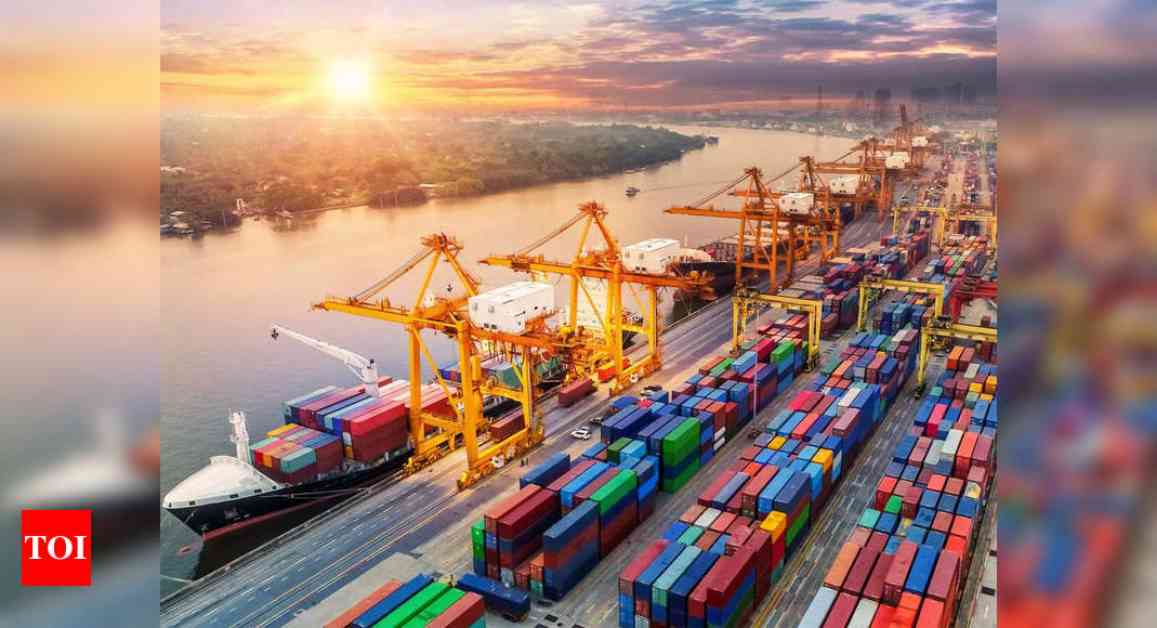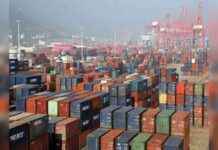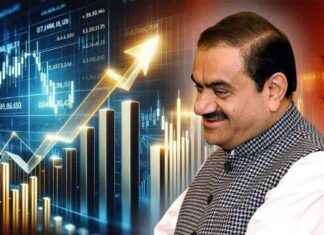**Impact of Trump 2.0 and Global Uncertainties on International Trade: Navigating Challenges in 2025**
In a rapidly changing global landscape, the future of international trade in 2025 is facing unprecedented challenges and transformations. From geopolitical tensions to the looming specter of a US-led trade war under Donald Trump 2.0, the uncertainties are mounting. China’s industrial overcapacity, rising sustainability demands, and the rapid advancements in artificial intelligence (AI) are all contributing to the turbulence in the world of trade.
**Experts’ Insights: Navigating the Maze of Global Trade**
Deep Kapuria, a renowned trade expert and Chairman of Hi-Tech Gears, emphasized the critical need for Indian exporters and importers to collaborate closely with the government to effectively navigate these challenges. He highlighted the urgency for India to prioritize its AI strategy, as AI is poised to revolutionize trade logistics, supply chain management, and traditional trade patterns. According to Kapuria, “AI is fast emerging as an important vehicle for future trade’s journey.” He emphasized that digital transformation driven by artificial intelligence will not only boost services trade but also create new categories of tradable AI-powered goods.
**The Road Ahead: Challenges and Opportunities**
SK Saraf, founder chairman of Technocraft Industries, urged Indian industries to invest in new age technologies to enhance competitiveness. He pointed out the potential opportunities for Indian exporters in the US market, especially if higher tariffs are imposed on Chinese goods under Trump’s administration. Saraf highlighted the need for exporters to explore ways to increase exports to the US in light of possible tariff hikes.
**Navigating Geopolitical Uncertainties and Sustainability Demands**
Despite challenges beyond the private sector’s control, Kapuria stressed the importance of businesses, particularly in developing countries, meeting environmental and social sustainability standards. He highlighted the significance of complying with sustainability indicators to integrate into global value chains effectively. With geopolitical shifts and a growing focus on sustainability, countries need to align their trade policies with global environmental goals to remain competitive.
**Looking Ahead: Adapting to the Evolving Trade Landscape**
Amidst the uncertainties and challenges in international trade, the call for proactive measures and strategic collaborations has never been more critical. As nations reevaluate their trade relationships and seek partnerships aligned with their economic and security priorities, Indian exporters and importers must stay agile and innovative to thrive in the evolving trade landscape of 2025.























